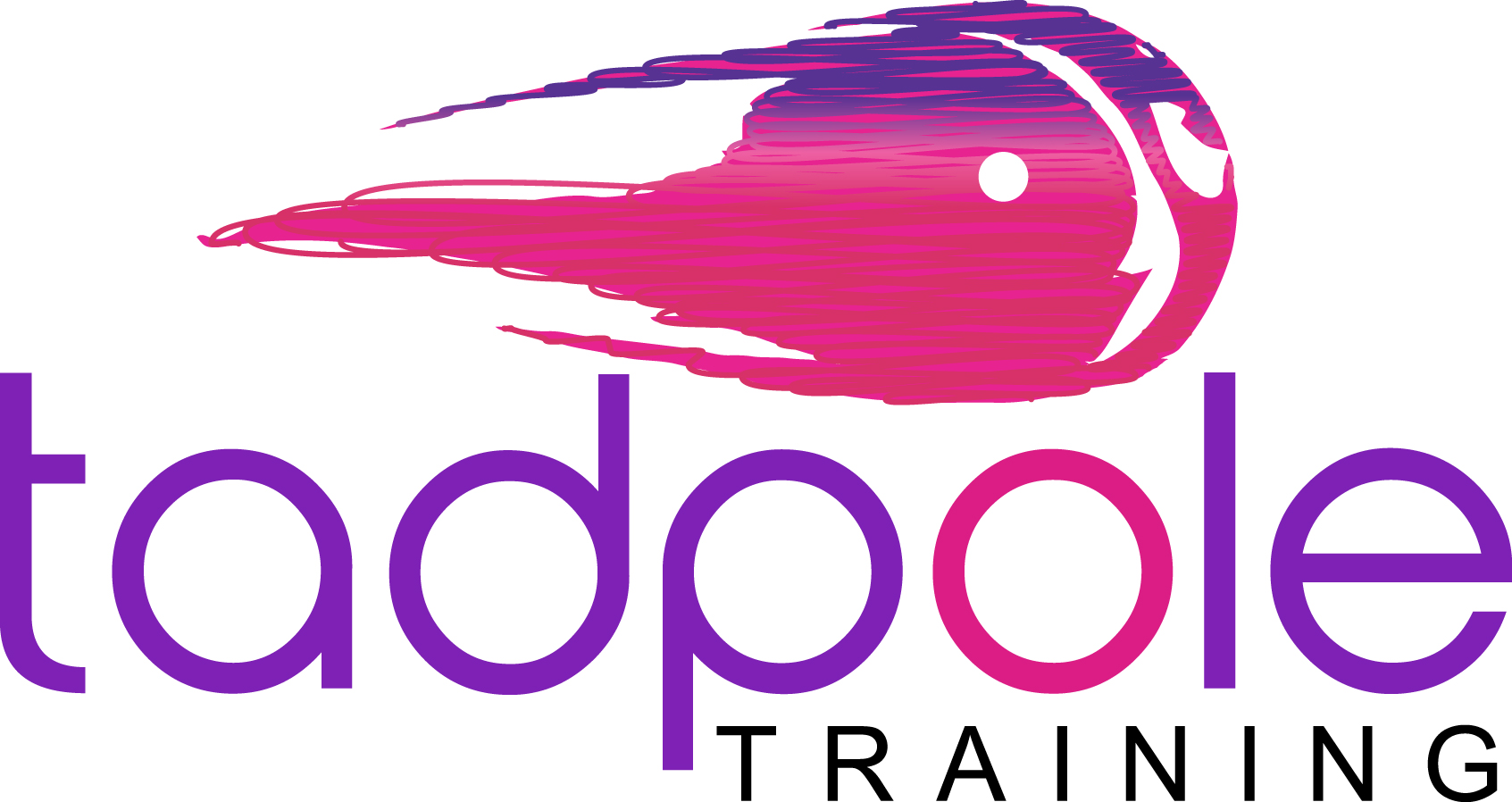
by Janet | Jan 4, 2024 | sales training
If you are in a bit of a post-Christmas sales slump, here are some tips to get your oomph back! Let’s face it, after at least a week of celebrating, eating too much, having no idea what day of the week it is and being stuck only with your nearest and dearest,...

by Janet | Jan 16, 2023 | sales training
Do you know what exceptional selling looks like? I think you’ll enjoy this: In May last year I was with my friend in Norwich. He wanted to go to the Rolex shop there Now, if you are not familiar with Rolex’s business model, you don’t just walk into...

by Janet | Jan 1, 2021 | customers, entrepreneurs, marketing, prospecting, sales tips, Training
Positive Language can make a huge difference to your sales conversation, so don’t go using language that makes customers avoid you. There are certain words and phrases that are considered clichés in the world of selling. If you want to avoid looking like an...




